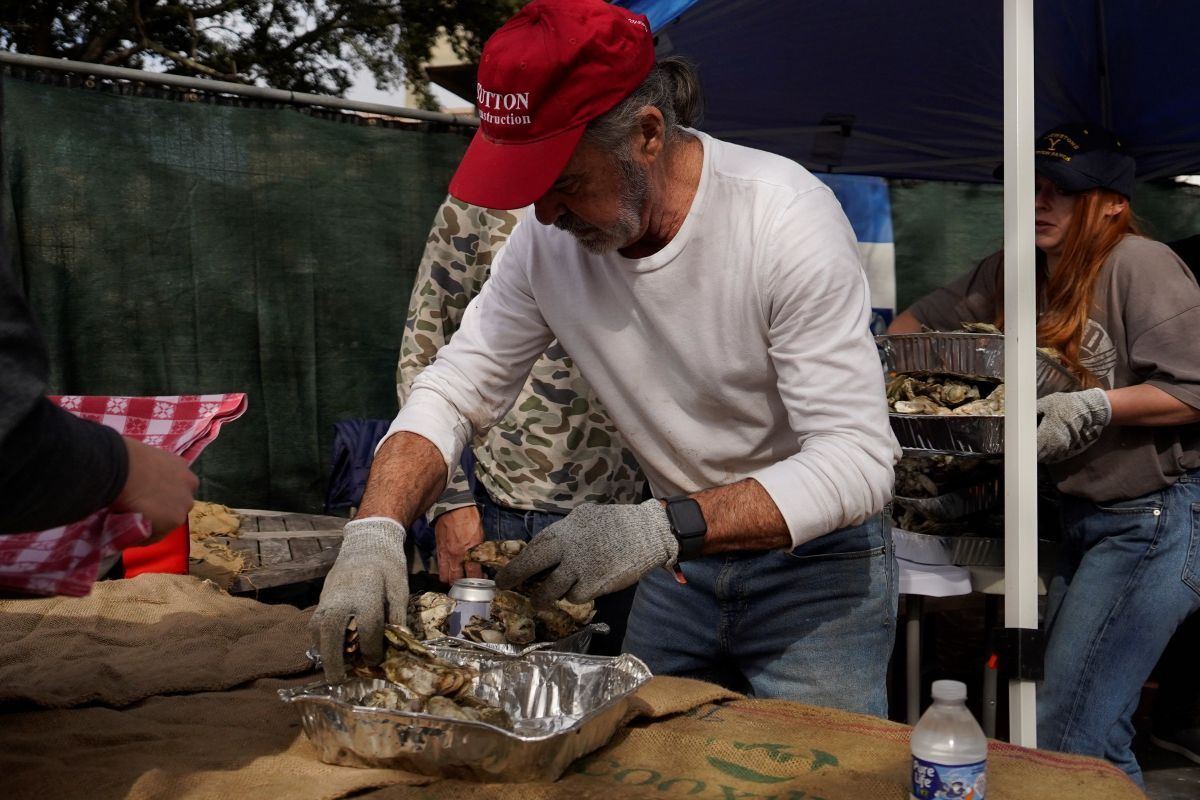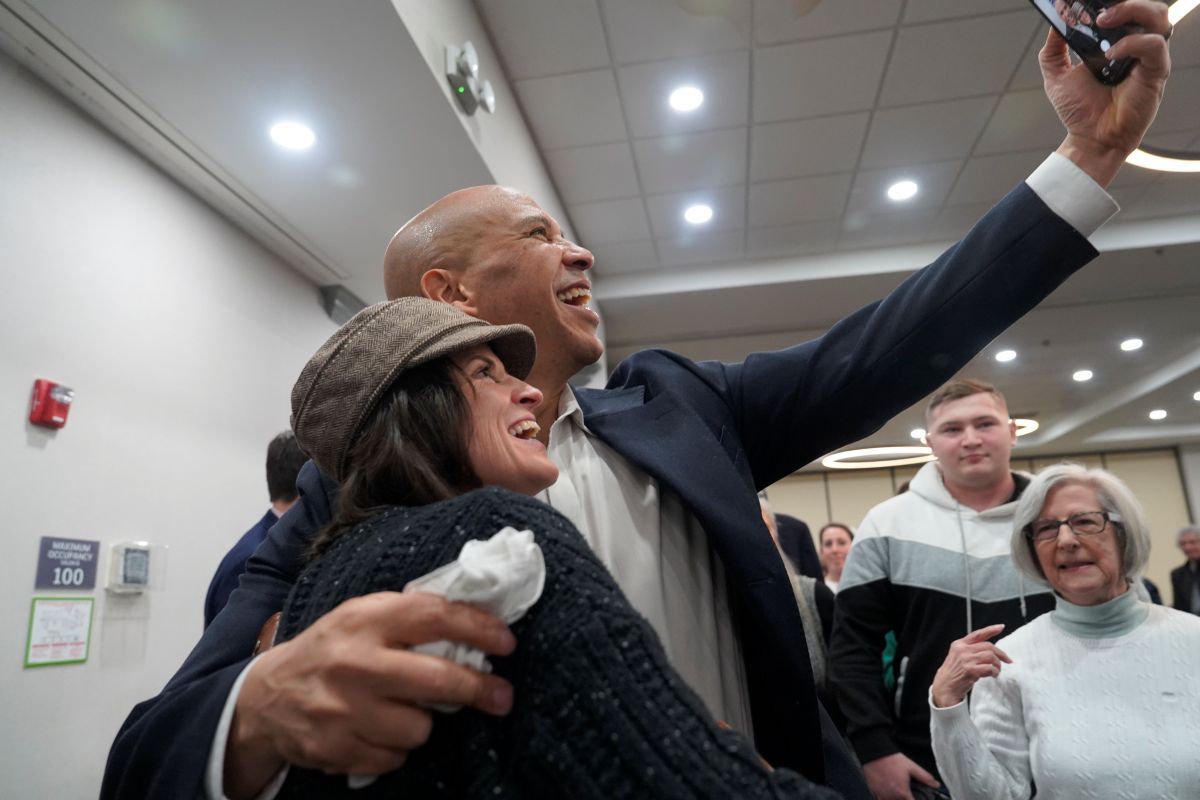By Eric Skipper
The University of South Carolina Beaufort (USCB) tripled externally sponsored funding during 2021. While the university averaged a respectable $1,025,000 during the previous four years, last year faculty and staff brought in $3,323,458 in external funding geared towards research and problem-solving.
The increases are attributable to a variety of factors, including increased faculty focus on problem solving, the maturation/ recruitment of a core group of productive researchers, and increases in research and development (R&D) allocations from federal and nonfederal sources.
Chancellor Al M. Panu frequently cites the American Association of State Colleges and Universities’ call for public comprehensive universities to be “stewards of place.” To that end, our faculty and staff have taken to heart a core element of USCB’s mission to “respond to regional needs,” aligning their efforts with projects critical to the progress and sustainability of our region.
Funding in 2021 went toward a range of projects related to our service area, including the study of the health of our coastal waterways, water quality and bacterial source tracking, cyber security education, sustaining Gullah-Geechee agro-culture, Reconstruction era education, and math camps for underserved high school students. Faculty also received funding for research projects whose impact extends beyond the Lowcountry, including antibiotic research from shark microbe communities and energy-efficient high performance computing.
Grants were secured from federal agencies like the Department of Defense (DOD), National Endowment for the Humanities (NEH), National Science Foundation (NSF), the U.S. Department of Agriculture (USDA), and the U.S. Small Business Association (SBA). Faculty and staff also received funding from regional sources such as the Port Royal Sound Foundation, the Spring Island Trust, the Town of Bluffton, the Town of Hilton Head Island, Beaufort County, and the Community Foundation of the Lowcountry.
Research funding is a key indicator of the university’s impact and its standing among peer institutions — and beyond. External awards average per full-time equivalent (FTE) student at USCB is $1,864, an amount higher than many doctoral degree-granting institutions classified as “high research,” or R2 designation in the Carnegie classification.
Resources attracted by the university on an annual basis enable our faculty to advance knowledge and discovery across multiple disciplines, identify and address challenges facing our region, and drive innovation and economic growth. The increase in research funding demonstrates how federal agencies and other organizations value the expertise of our faculty to enhance quality of life in the Lowcountry and beyond.
Research funding directly impacts USCB’s students. Since experiential learning (learning by doing) is the hallmark of a USCB education, many of our faculty engage students in their research via community-partnered projects, summer research experiences, and collaborations in professional publications and conference proceedings.
As a result of direct faculty involvement, USCB has seen a significant increase in students garnering nationally competitive awards and gaining admission into highly competitive graduate and professional schools.
The increase in external funding is a fitting tribute to the stellar efforts of Amy Sears, who will retire as Director of Research at the end of February. Replacing her will be Cindy Lahar, who will continue to mentor and cultivate grants-seeking faculty and staff. As USCB continues its commitment to improving quality of life in the Lowcountry and beyond though research and service, we are as excited for the future as we are about our recent successes.
Eric Skipper, Ph.D., is provost and executive vice chancellor for academic affairs at University of South Carolina Beaufort.







